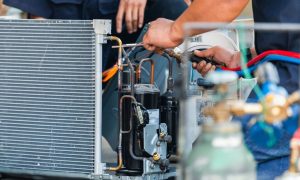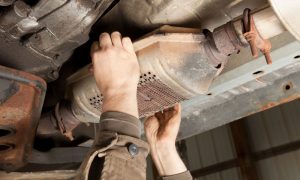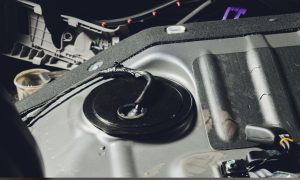When you’re cruising down the highway or navigating city streets, encountering a jerking sensation from your vehicle can be both unnerving and frustrating. Understanding what causes a car to jerk when driving is essential not only for your peace of mind but also for the longevity and safety of your vehicle. In this guide, we’ll delve deep into the various factors that might be affecting your driving experience, offering insights and solutions to help you maintain a smooth ride. While occasional slight movements are normal, consistent or severe jerking indicates underlying issues that need attention. By understanding what causes a car to jerk when driving, you can take proactive steps to address these problems before they escalate.
Common Causes of Car Jerking
Several factors can contribute to your car’s jerking motion. Let’s explore the most common culprits:
1. Clogged Fuel Injectors
Fuel injectors play a pivotal role in delivering the right amount of fuel to your engine. Over time, they can become clogged with debris or residue, disrupting the fuel flow. When fuel injectors are blocked, the engine doesn’t receive the necessary fuel, leading to inconsistent power delivery and causing the car to jerk.
2. Obstructed Catalytic Converters
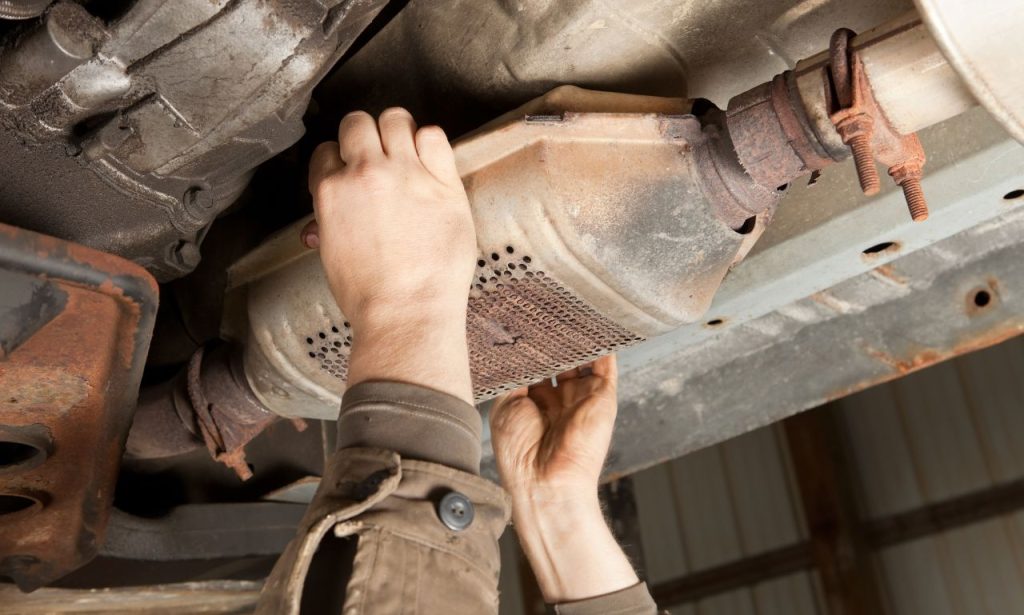
The catalytic converter is essential for reducing harmful emissions. However, if it becomes blocked or damaged, exhaust gases can’t flow freely, which can impair engine performance. This obstruction can cause acceleration issues and make your car jerk during operation.
3. Faulty Mass Airflow Sensors
Mass airflow sensors measure the amount of air entering the engine, ensuring the right air-fuel mixture for optimal combustion. A malfunctioning sensor can send incorrect information to the engine’s computer, leading to poor performance and erratic movements like jerking.
4. Worn-Out Spark Plugs
Spark plugs ignite the fuel-air mixture in your engine’s cylinders. When they’re worn out or fouled, the ignition process becomes inefficient, causing misfires. These misfires can translate into noticeable jerks as the engine struggles to maintain smooth operation.
5. Damaged Cylinders
Each cylinder in your engine plays a role in the combustion process. If one or more cylinders are damaged or failing, it can disrupt the balance of power, leading to uneven performance and jerking.
6. Dirty Air Filters
Air filters ensure that only clean air enters the engine. When they become dirty or clogged, airflow is restricted, affecting engine performance. Reduced airflow can cause the engine to struggle, resulting in jerking motions during acceleration.
7. Dirty Fuel Filters
Much like air filters, fuel filters prevent contaminants from reaching the engine. A clogged fuel filter restricts fuel flow, leading to inadequate fuel supply and causing the car to jerk as the engine compensates for the deficiency.
8. Transmission Problems
The transmission is responsible for transferring power from the engine to the wheels. Issues like low transmission fluid, worn gears, or faulty transmission components can cause erratic power delivery, resulting in jerking movements.
9. Ignition System Issues
Beyond spark plugs, other components of the ignition system, such as ignition coils and wires, are crucial for proper engine performance. Faulty ignition components can lead to inconsistent firing, causing the engine to jerk during operation.
How Jerking Affects Driving Experience
When your car starts to jerk, it doesn’t just impact the immediate drive—it can have broader implications for your overall driving experience and vehicle health.
Impact on Acceleration
Jerking during acceleration makes it challenging to gain speed smoothly. Whether you’re merging onto a highway or overtaking another vehicle, inconsistent power delivery can hinder your ability to accelerate effectively and safely.
Safety Concerns
Unexpected jerking can be distracting, reducing your focus on the road. In critical driving situations, such as navigating tight turns or sudden stops, a jerky vehicle can increase the risk of accidents or loss of control.
Long-term Vehicle Damage
Continual jerking puts additional stress on various engine and transmission components. Over time, this can lead to accelerated wear and tear, resulting in more significant and costly repairs down the line.
Diagnosing the Problem
Identifying the exact cause of your car’s jerking is crucial for effective resolution. Here’s how you can approach diagnosis:
- Check for Warning Lights: Your vehicle’s dashboard may display warning lights, such as the Check Engine Light, indicating specific issues.
- Listen for Unusual Noises: Sounds like clicking, knocking, or hissing can point to particular problems, such as ignition issues or exhaust blockages.
- Inspect Physical Components: Look for visible signs of wear or damage in components like spark plugs, air filters, and fuel injectors.
- Use Diagnostic Tools: OBD-II scanners can read error codes from your car’s computer, helping pinpoint the malfunctioning component.
- Consult a Professional Mechanic: If you’re unable to identify the issue, seeking expert assistance ensures a thorough and accurate diagnosis.
Preventative Measures
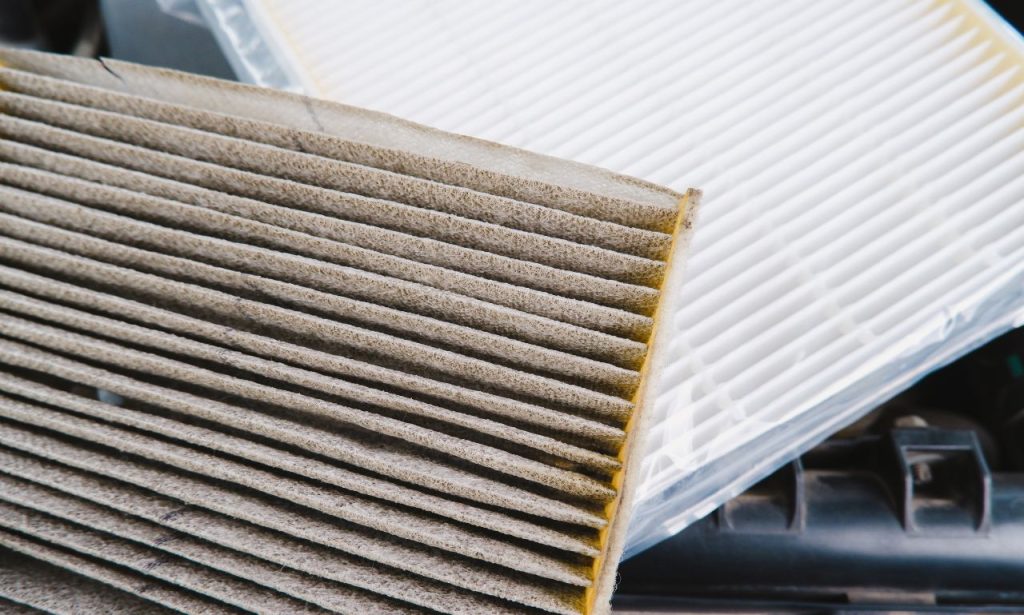
Preventing your car from jerking involves regular maintenance and proactive care. Here are some steps you can take:
- Regularly Replace Filters: Change your air and fuel filters as per the manufacturer’s recommendations to ensure optimal airflow and fuel delivery.
- Maintain Fuel Injectors: Use high-quality fuel and consider periodic cleaning of fuel injectors to prevent clogging.
- Monitor Spark Plugs: Replace spark plugs at intervals recommended by your vehicle’s manufacturer to maintain efficient ignition.
- Check and Replace Sensors: Ensure mass airflow and other sensors are functioning correctly, replacing them if they show signs of failure.
- Maintain the Transmission: Regularly check transmission fluid levels and quality, and address any transmission issues promptly.
- Routine Engine Inspections: Periodic checks can identify and rectify cylinder damage or other engine-related issues early on.
Conclusion
Understanding what causes a car to jerk when driving empowers you to take control of your vehicle’s health and your driving safety. From clogged fuel injectors to faulty ignition systems, numerous factors can disrupt your car’s smooth operation. By staying informed and adhering to regular maintenance schedules, you can minimize the chances of experiencing jerking motions, ensuring a safer and more enjoyable driving experience.
ALSO READ: What Makes More Money, Car Detailing or a Car Mechanic?
FAQs
Yes, low engine oil can lead to inadequate lubrication of engine parts, causing increased friction and potentially leading to jerking motions as the engine struggles to operate smoothly.
It’s generally recommended to replace spark plugs every 30,000 to 50,000 miles, depending on the manufacturer’s guidelines and the type of spark plugs used.
While minor sporadic jerks may not be immediately dangerous, persistent jerking can indicate serious issues that may compromise vehicle safety. It’s advisable to have your car inspected by a mechanic promptly.
Signs of transmission issues include delayed or harsh shifting, leakage of transmission fluid, unusual noises from the transmission area, and a Check Engine Light. A professional diagnosis is recommended.
Absolutely. Poor quality or contaminated fuel can clog injectors and foul spark plugs, leading to inconsistent engine performance and causing the car to jerk.


